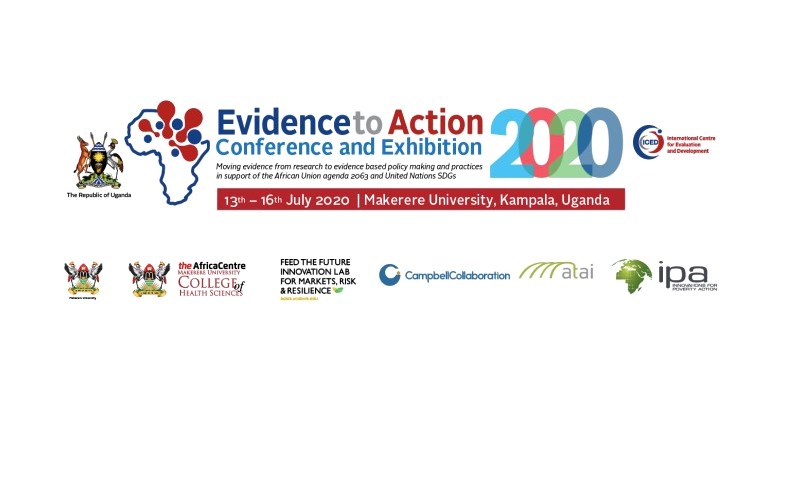The African Union (AU) Member States in 2013 crafted an African driven vision, Agenda 2063: the Africa We Want, to define how the African continent should look in the next 50 years based on the pillars of wealth generation, regional integration, and attainment of a peaceful society, all driven by Africans. In 2015, the United Nations Member States unanimously adopted the 2030 Agenda on Sustainable Development that balances the dimensions of economic, social, and environmental development, underpinned by good governance. These two agendas include specific sets of objectives, with Agenda 2063 having 20 goals with 174 targets, and 2030 Agenda 17 goals with 169 corresponding targets. The adoption of these instruments by African governments committed them to act together towards achieving their goals. The need for more and better evidence from research and evaluation of development programs has never been more crucial as Africa directs its efforts towards accomplishing its commitment in this regard.
Conference Theme
The Evidence to Action 2020 Conference theme is premised on the understating that evidence-based research and evaluation findings exist that have huge potential for positively impacting Africa’s policy decision-making and action to drive the realization of Agenda 2063 and the 2030 Agenda goals. The conference theme has sub-themes that highlight the key issues of focus:
Sub-themes
- Agriculture and food systems in sub-Saharan Africa
- Climate change, Environment, and Natural Resources Management
- Innovative finance, insurance, credit and savings for smallholders
- Gender and Youth
- Evidence synthesis and impact evaluation for policy-making
- Knowledge brokering and knowledge translation
Participants
The conference participants will be drawn from a diverse range of stakeholders working across Africa in research and evaluation. They include:
- Relevant government ministries
- Universities
- Civil society
- Policy-makers and practitioners
- National and international research organizations
- Development agencies and partners
- Private sector organizations
- Media
Conference Organizing Committee
The conference is convened by the International Centre for Evaluation and Development; Africa Centre for Systematic Review and Knowledge of Makerere University, Uganda; and Feed the Future Innovation Lab for Market, Risk and Resilience of the University of California at Davis, in conjunction with the Office of the Prime Minister’s Monitoring and Evaluation Commission of Uganda; Campbell Collaboration; Agricultural Technology Adoption Initiative; Innovation for Poverty Action; and United States International University-Africa, Kenya.
Read more

 General2 weeks ago
General2 weeks ago
 Agriculture & Environment2 weeks ago
Agriculture & Environment2 weeks ago
 General1 week ago
General1 week ago
 Health2 weeks ago
Health2 weeks ago
 Research2 weeks ago
Research2 weeks ago



